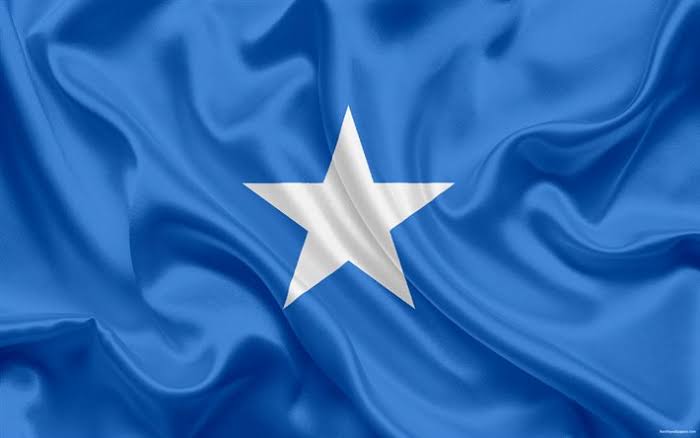Religion in Somalia maintains very limited exceptional proportions. The entire Somali people embrace the Islamic religion, and most of them are Sunnis who follow the Shafi’i school, with a percentage of them from adherents of other schools of thought from the Hanbalis, Malikis and Hanafis. In the Somali constitution’s description of Islam, Islam was defined as the official religion of the country and that Islamic Sharia It is the main source of legislation.
Islam entered Somalia at an early period of history following the migration of Muslims to Abyssinia and the Horn of Africa in general to escape the oppression of the Quraish against them, which makes it likely that Islam had penetrated the hearts of Somalis before it laid its roots in the place of its origin in the Arabian Peninsula. Moreover, Somali society presented many prominent Islamic scholars who shaped the course of religious education and religious practices not only in Somalia but in the entire Horn of Africa and East Africa, but also the Arabian Peninsula; Among these scholars is the religious scholar and judge Othman bin Ali Al-Zaila’i, who lived in the fourteenth century, and who authored the most valuable book ever in explaining the Hanafi school of thought, which is the book “Tebbeen al-Haqa’iq - Sharh Kanz al-Daqiq,” which is a complete encyclopedia of jurisprudence in four parts in which al-Zayla’i explained a book. Treasure of Minutes" by Imam Abdullah bin Ahmed bin Mahmoud Abu Al-Barakat Hafez Al-Din Al-Nasafi.
Christianity is a minority religion in Somalia, where the number of its adherents does not exceed 1,000 individuals, in a total population of more than nine million people. There is only one diocese in Somalia, the Diocese of Mogadishu, which is directly affiliated with the Roman Catholic Church in the Vatican, and which received only 100 Catholics in 2004. It is mentioned that in 1913, before the start of the colonial advance on Somalia, there was no presence of Christianity in the country, other than 100 or 200 who came from orphanages set up by missionaries in British Somalia, and there were no missionaries at all in the Italian part. during the same period.
In the seventies of the last century, during the Marxists' control of power, schools attached to churches were closed, and all missionaries were sent to her country again. It is noteworthy that there has been no bishop in the country since 1989, and the Mogadishu cathedral was severely damaged by the country's civil war.
On the other hand, some other non-Somali ethnic groups embrace animistic beliefs, which are ancestral rites and religious legacies in the southeast African region.
















No comments:
Post a Comment